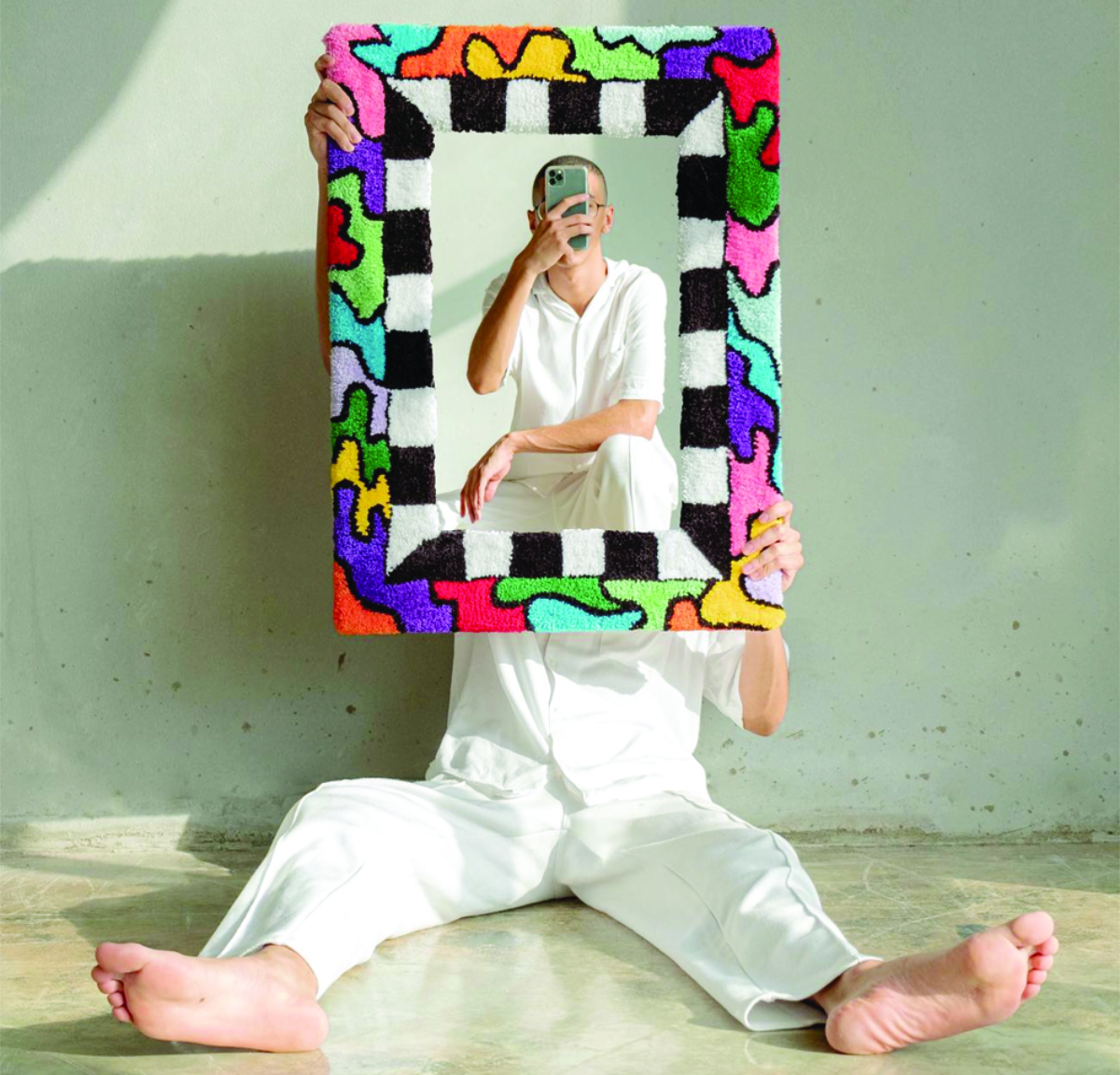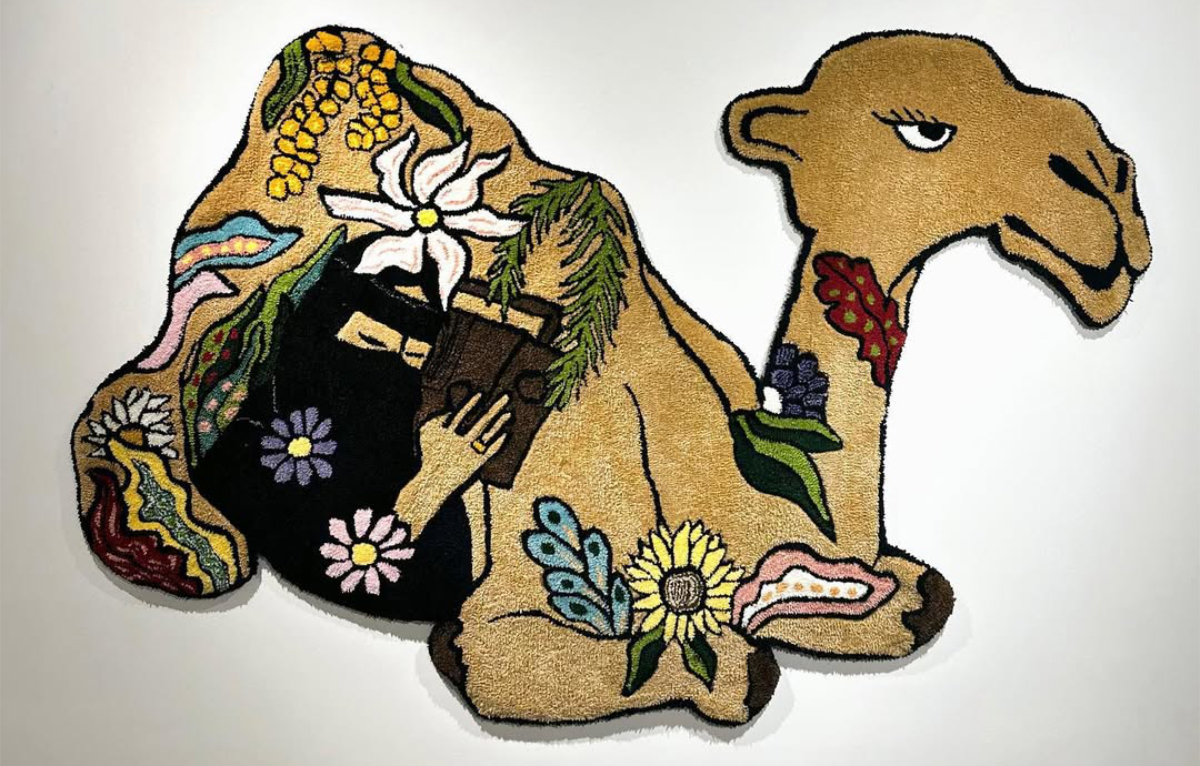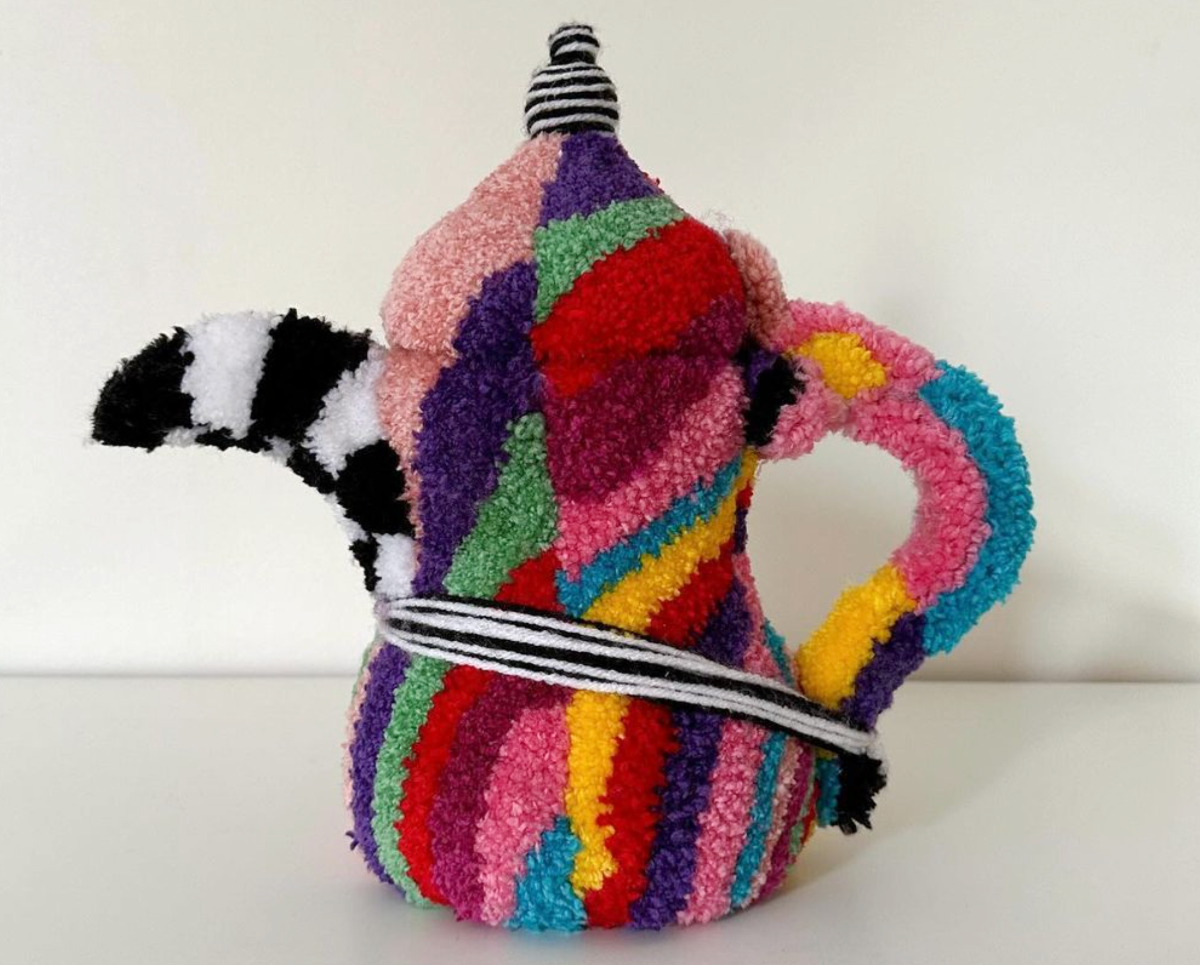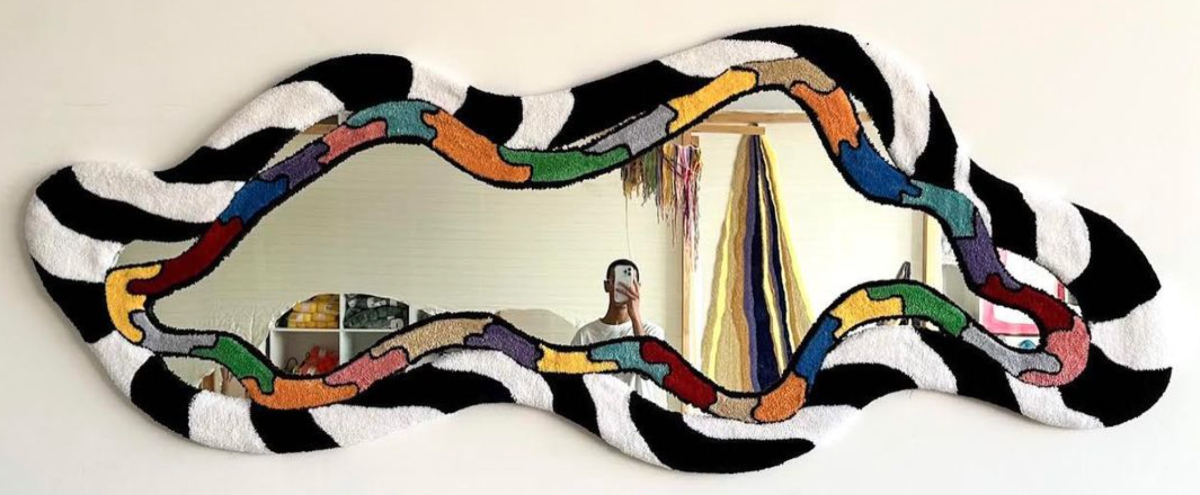RIYADH: Saudi Arabia’s Museums Commission signed a memorandum of understanding with the National Center for Palms and Dates on Thursday during the International Dates Conference and Exhibition at the Roshan Front in Riyadh.
The MoU, signed by the director general of partnerships and business development at the commission, Khaled Baasiri, and the CEO of the center, Dr. Mohammed Al-Nuwairan, aims to highlight the Kingdom’s cultural and historical identity and enhance integration between government agencies to achieve the strategic objectives of Saudi Vision 2030. It aims to harness joint capabilities and expertise to develop the palm and dates sector, enhance its cultural value, and contribute to strengthening the national economy, in an effort to achieve fruitful cooperation between the two parties.
The agreement came within the framework of the two organizations’ efforts to provide an enriching cultural, educational and tourism environment for the community.
Al-Nuwairan said that the partnership aimed to achieve key goals that served the interests of both sectors alike.
“Through this cooperation, we seek to raise the heritage and cultural value of dates globally, as well as achieve promising economic income,” he said.
Al-Nuwairan said that there was a clear mechanism that had been agreed on with the commission. This included developing cultural and educational programs and interactive workshops inside museums and schools, with the aim of educating students and the public about the stages of palm cultivation, processing dates and linking them to the environmental heritage of the Kingdom.
Baasiri said that the commission was working on designing integrated cultural paths, including visits to historical farms, establishing a museum specializing in palm trees and dates, and holding exhibitions that told the story of palm trees and dates in the Kingdom.
“Palm trees and dates are of great importance in our Arab culture, as they are a symbol of authenticity and generosity, and this importance has made them an essential element of the museum narrative, whether in public or specialized museums,” he said.
Baasiri said that the commission would work to expand cooperation with intersecting government agencies and to learn about community desires from different parties, which contributed to diversifying cultural presentation methods and innovating smart display methods that contributed to achieving common strategic goals.
The move is part of making museums vital places that preserve heritage and present it in ways that contribute to enhancing knowledge and awareness among local and international visitors.


































